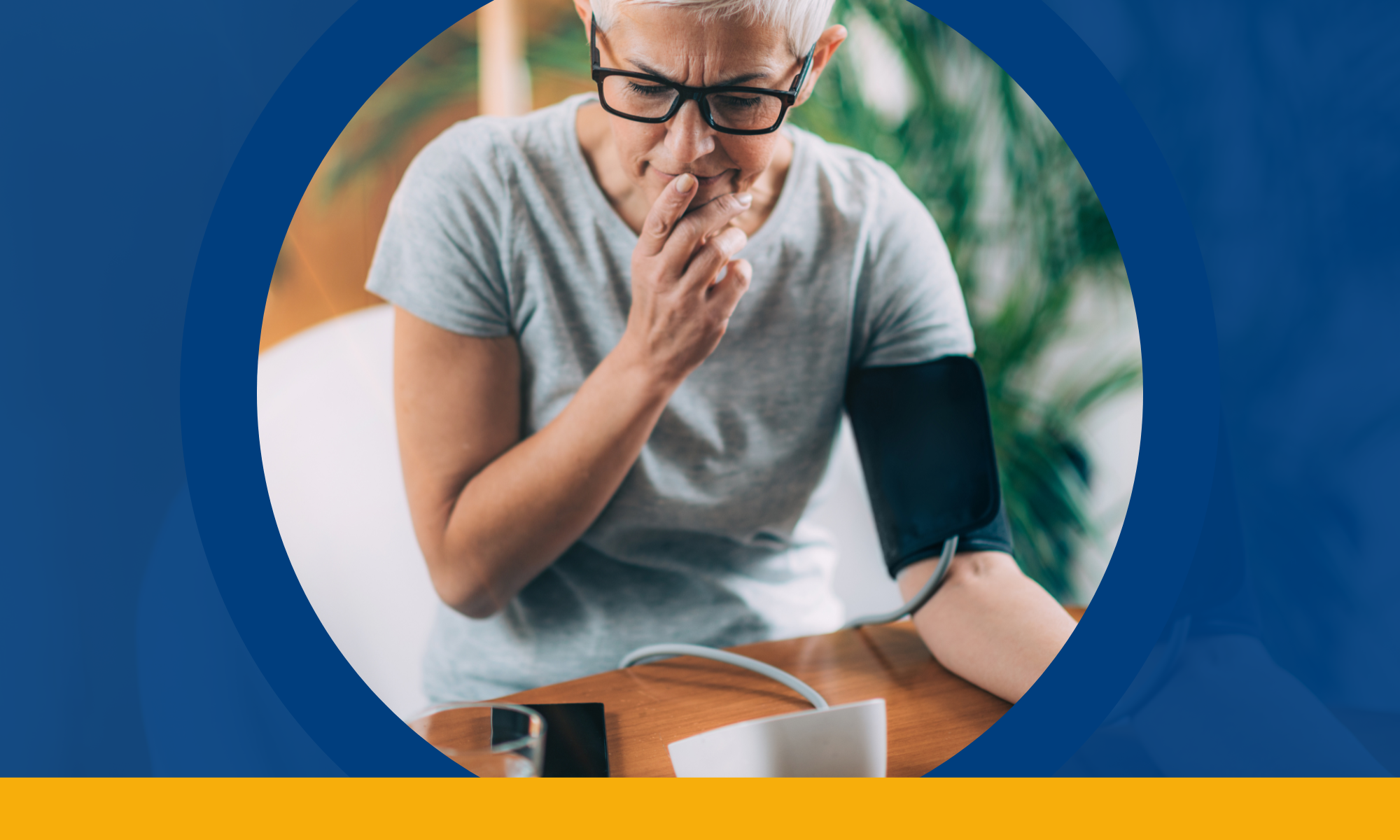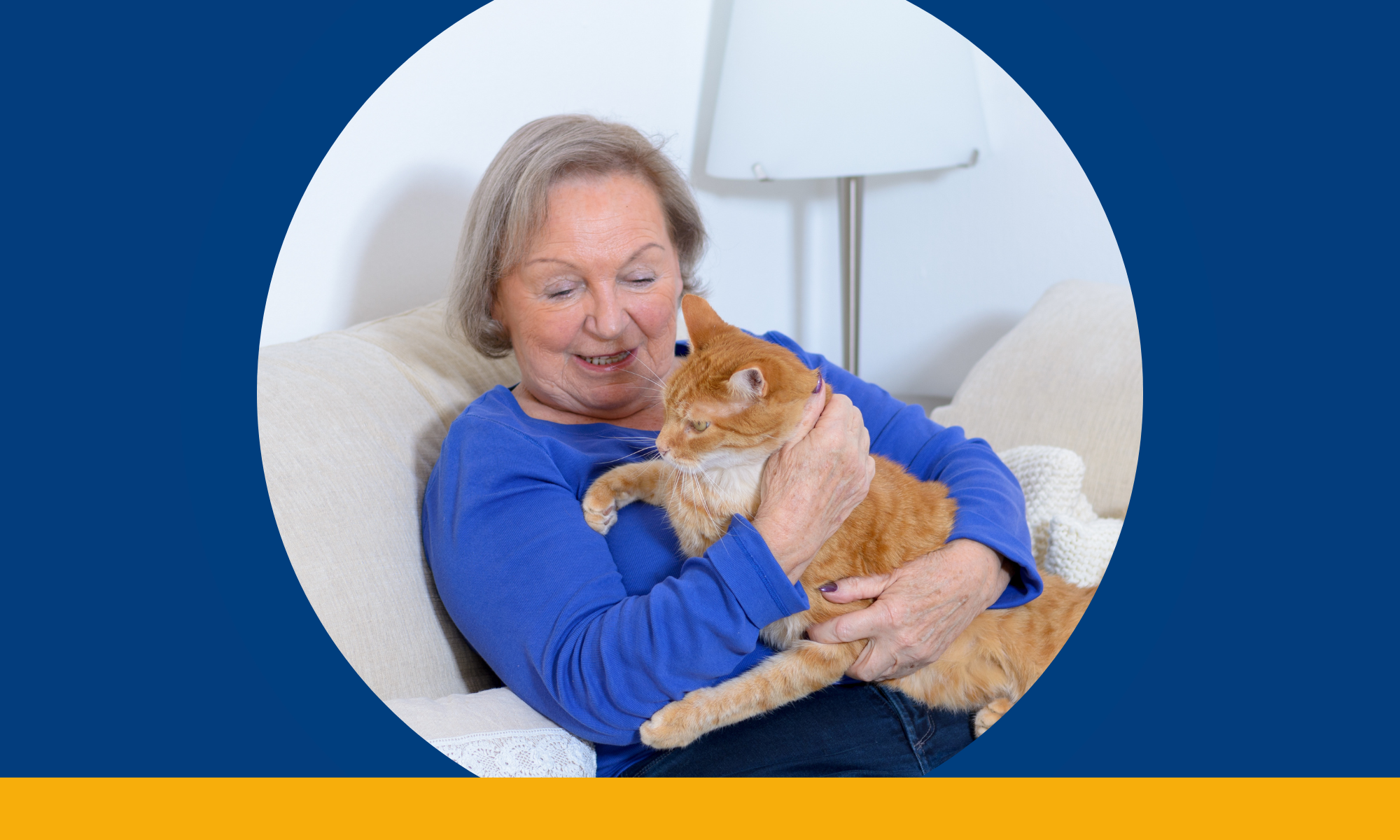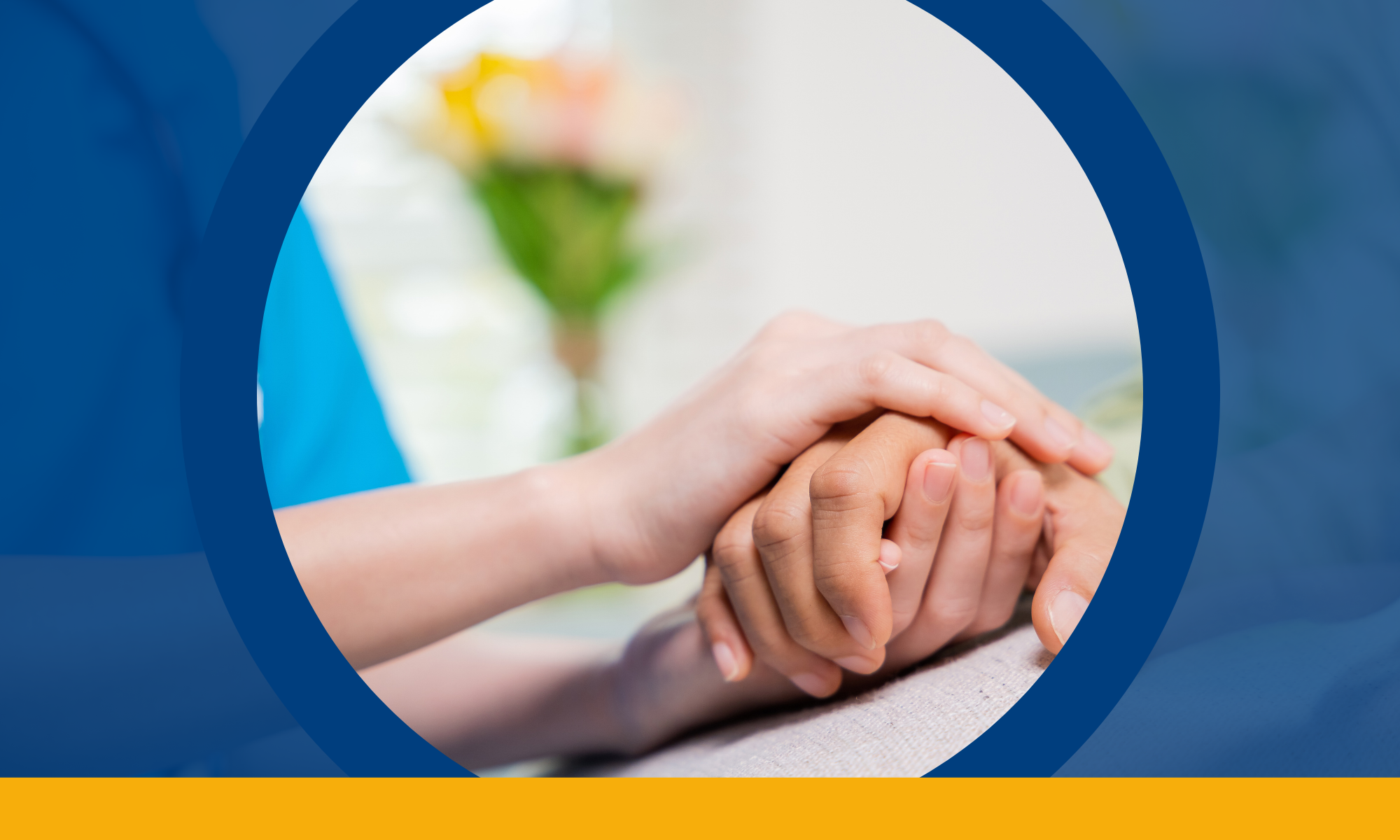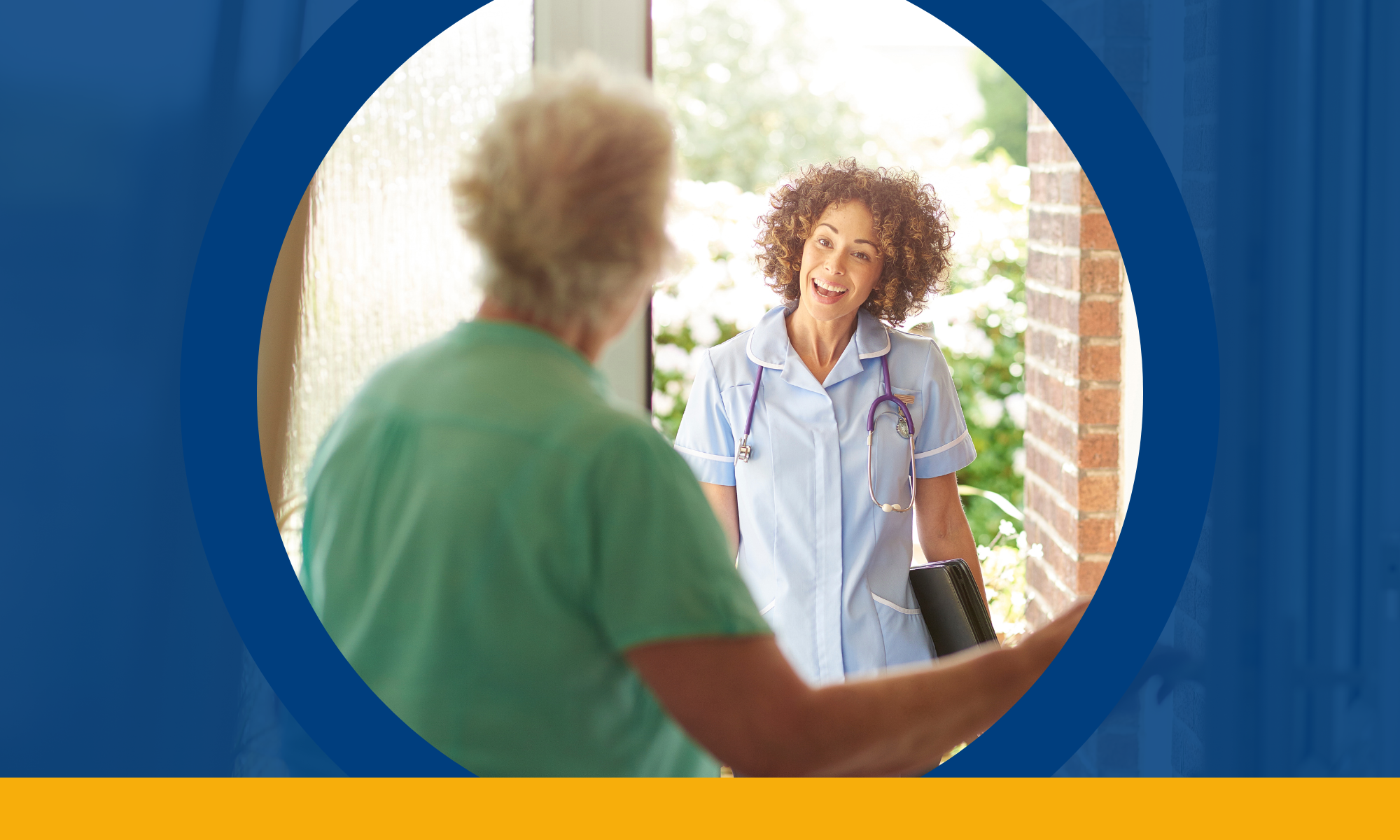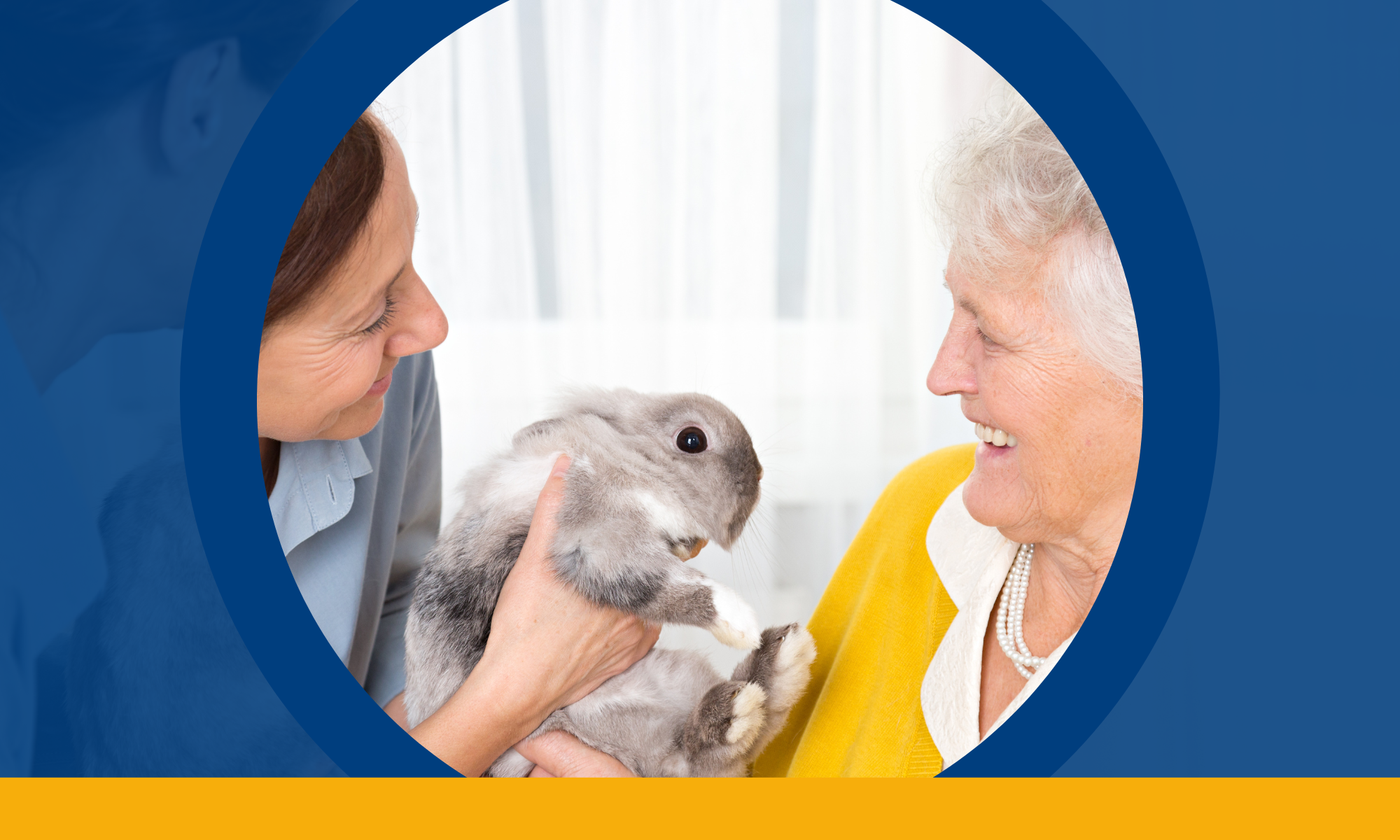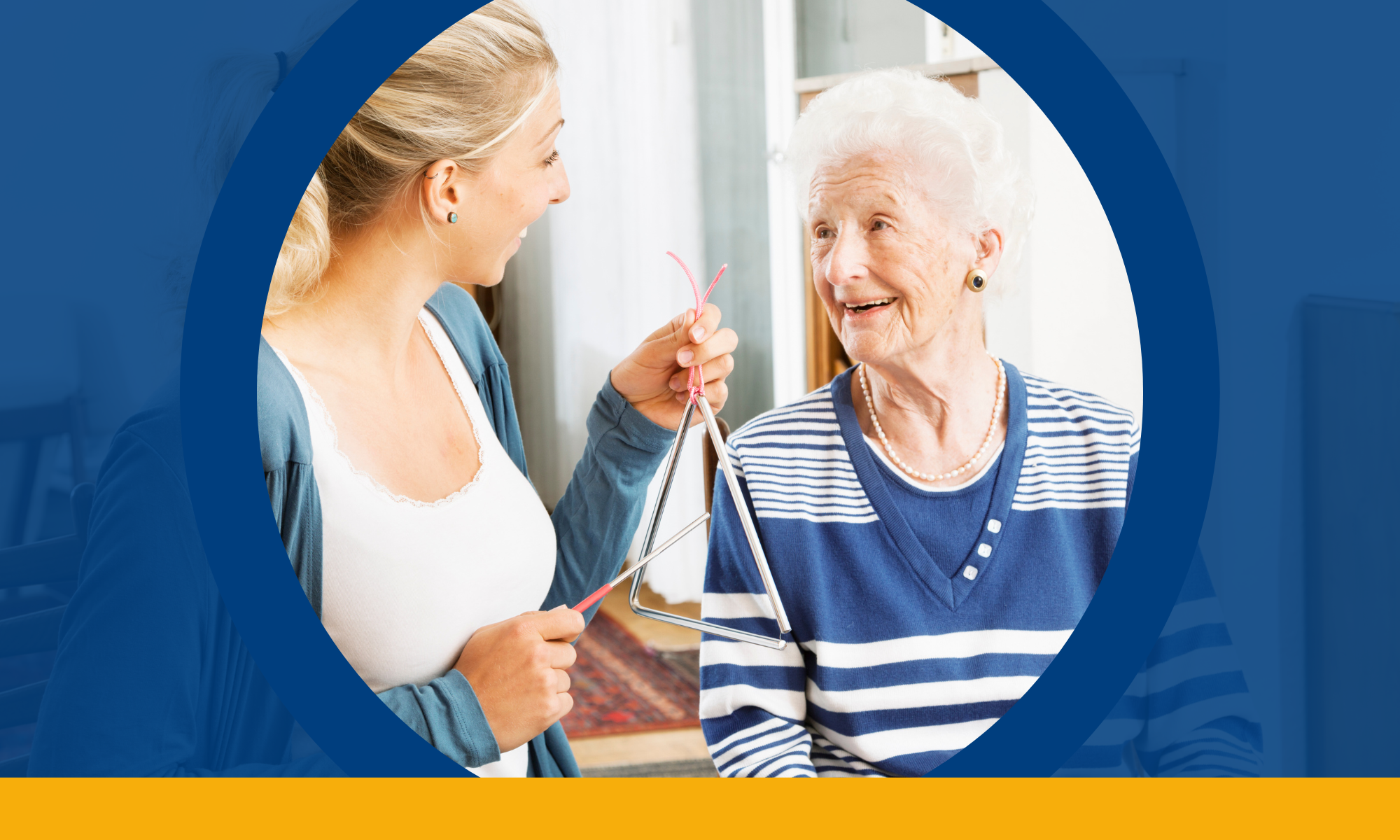The Role of Technology in Modern Homecare
Homecare for loved ones who are elderly or ill allows them to remain independent and have the support there when they need it. Technology can add to this support through many different ways and it is becoming more common within households as a way to assist with caring for loved ones. It can create a safer living environment through remote monitoring, telehealth, medication management and home automation devices. Technology can play an important role in modern homecare with many benefits which are discussed below.
Remote Monitoring
Technology has made it possible for healthcare providers to remotely monitor patients at home. Patients can use devices such as:
These are used to monitor vital signs and health indicators. Healthcare providers can use this data to track patients’ health status and intervene if necessary. This gives families peace of mind that their loved one will be taken care of even if they live alone. Having a monitor on allows them to go about with their usual daily routine all the while knowing they are being looked after.
Did You Know?
– 99% of England’s GP practices are now activating remote consultation platforms.
– Digital medicine, artificial intelligence and robotics could significantly change the roles and functions of clinical staff by 2040.
– This means delivering improvements in patient care, labour productivity of healthcare staff and reduced costs.
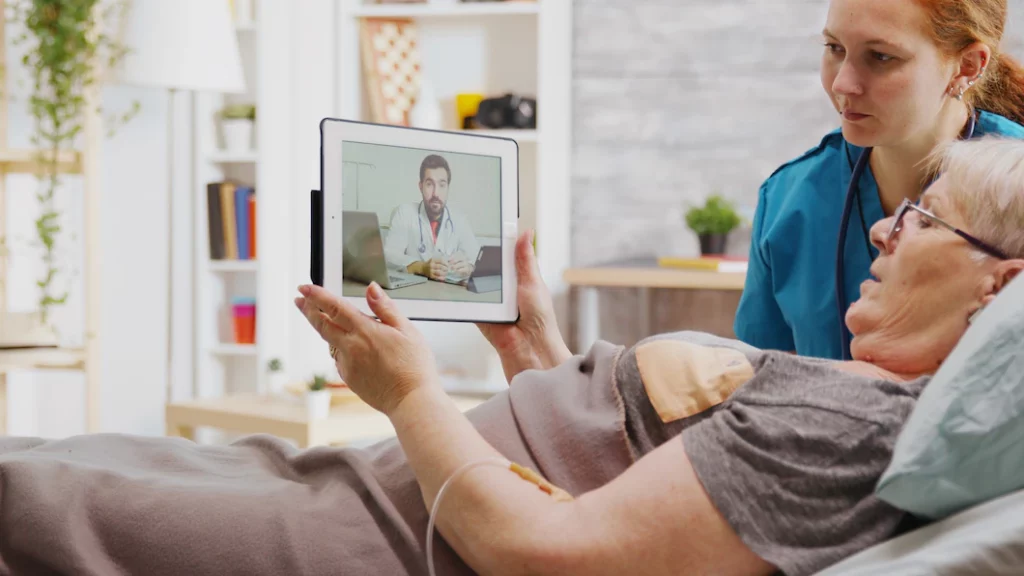
Telehealth
Telehealth is a term used to describe the use of technology to deliver healthcare services remotely. They relate to services such as virtual doctor visits and allow loved ones to receive medical care from the comfort of their own homes.
Telehealth is especially important for individuals with chronic conditions who may require frequent check-ins with their healthcare provider. It ensures they don’t have to travel as much and prevents them from cross infections.
It is also particularly useful for patients who have mobility issues and those who live in remote areas as they can access the care they need in the comfort of their own homes.
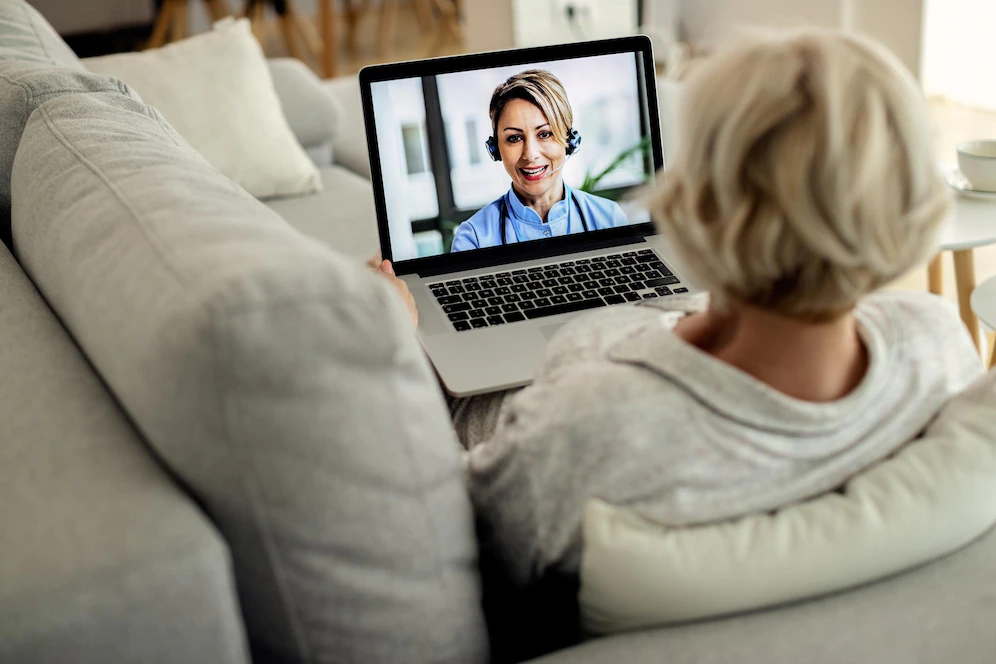
It can help reduce healthcare costs by reducing hospital readmissions and emergency room visits. It allows healthcare providers to check-in on patients to monitor their health which in turn can prevent needless hospital visits. Improved health outcomes are possible when patients can access care quickly and easily. They are more likely to comply with their care plans. Telehealth is accessible, convenient, and cost-effective for both patients and healthcare providers.
Medication Management
Technology has made it easier for loved ones to manage their medications. Smart pill dispensers and medication reminders can help them stay on track with their medications. This reduces the risk of withdrawal symptoms and medical emergencies.
Examples of medication management technology are:
This has advantages for the caregiver as well as your loved one as they can rely on the device as a good medication reminder. It prevents mishaps being taken with regards to important medication.
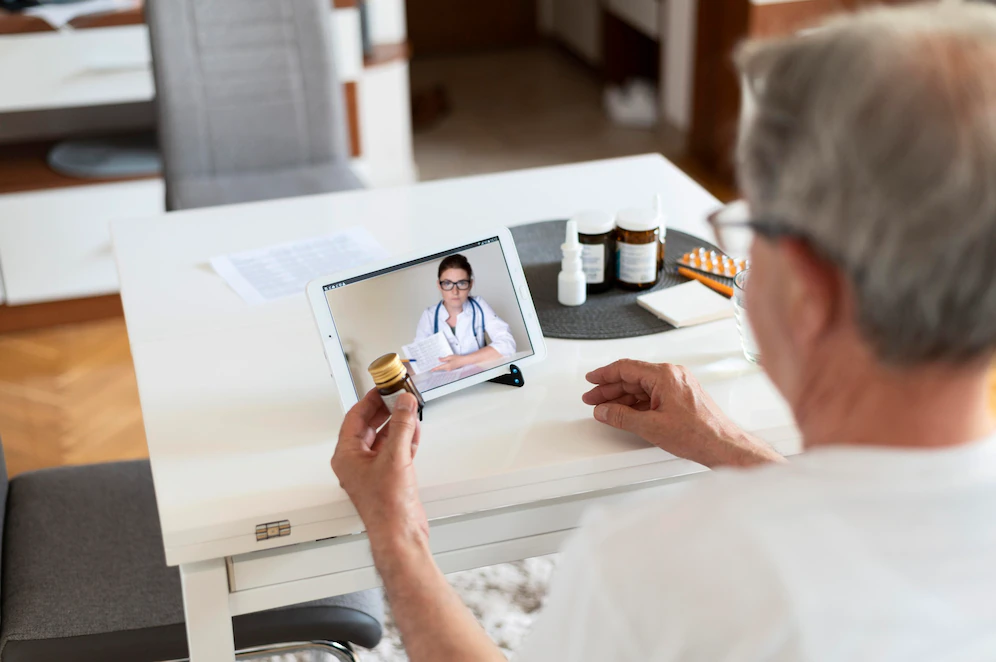
Another technological advancement that has greatly impacted home care medical management is online patient portals. These patient portals allow your loved one to access their medical records, check test results and communicate with healthcare providers. It allows for better communication, more comprehensive medical management, and the development of effective treatment plans.
Home Automation
Home automation involves using smart devices connected to the internet. These devices can be controlled via a smartphone, tablet or computer. Home automation can improve the safety and security of your home. Smart cameras and sensors can be used to monitor homes for intruders or to detect smoke, carbon monoxide, and other hazards. The alerts can notify your loved one if something unusual happens in your home, allowing action to be taken immediately.
Smart home technology can help loved ones with mobility issues or disabilities to manage in their homes more easily.
Voice-controlled devices, such as Amazon Echo or Google Home, can help patients turn on lights, adjust thermostats, and perform other tasks without having to move around their home.
These allow for a safer environment to live in.
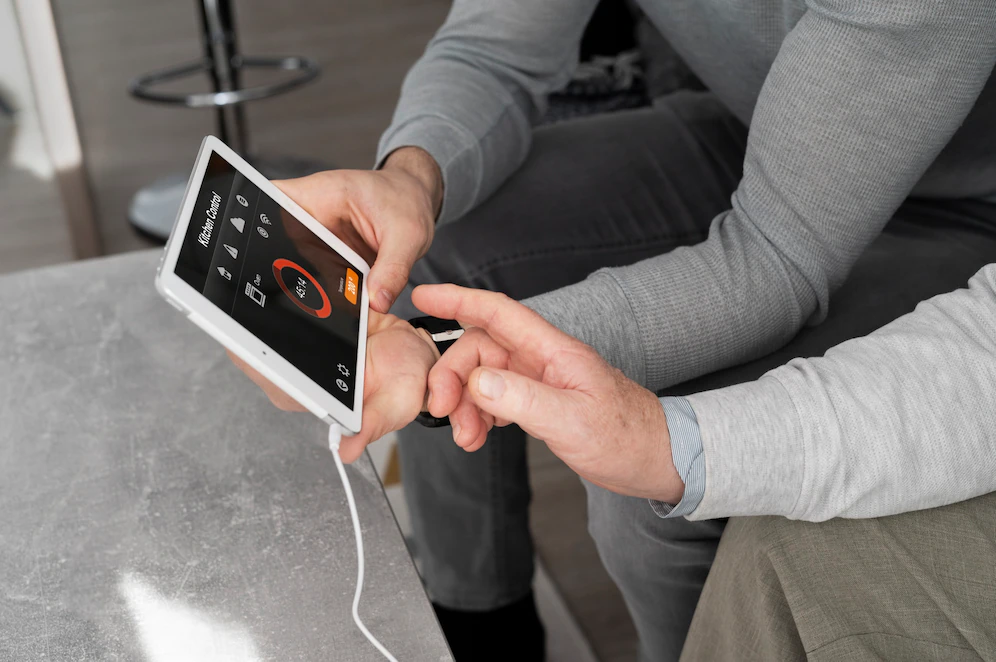
Through technology, the overall quality of life of your loved one can be improved greatly. It is invaluable to those with long-term illnesses or physical limitations and their families. It provides them with much-needed peace of mind and allows for more independence and control over their own health care needs.


